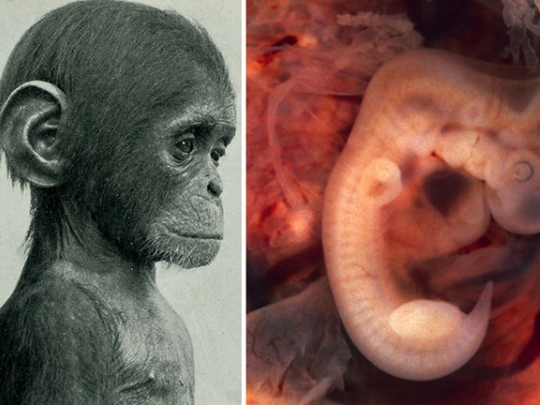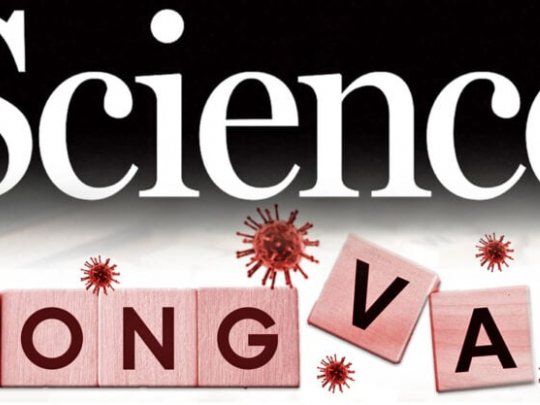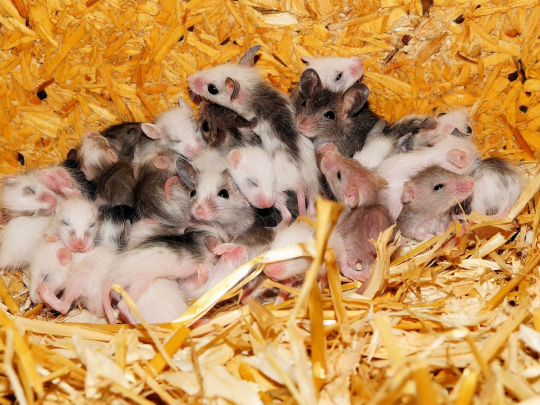Scientists grow first ever HUMAN-MONKEY embryo in ‘promising’ step for organ harvesting

Scientists have successfully created the world’s first human-monkey embryo, paving the way towards using animals for human organ transplants. The experiment was conducted in China to avoid legal issues.
Researchers from the Salk Institute in the US and the Murcia Catholic University (UCAM) in Spain genetically modified monkey embryos to deactivate specific genes used in the formation of organs. The group then injected human stem cells into the embryo. If left to its own devices, the embryo would have grown into a monkey with human cells. However, in keeping with ethical standards, the scientists stopped the process long before the embryo was able to develop a central nervous system. Still, the team had to travel to China to conduct the procedure, as it was in violation of Spanish law.
Estrella Núñez, who collaborated on the project, told El Pais that “the results are very promising,” stating that the experiment was a necessary first step towards developing human organs in animals that could be used in transplants.
The team of scientists, led by Juan Carlos Izpisúa, carried out a similar experiment in 2017 using human and pig chimeras. However, the human cells failed to take hold in the pig embryo. The group successfully created hybrid chimeras between two closely related species, the rat and the mouse.
China has become a mecca for gene editing. A Chinese researcher announced in November 2018 that he and his team edited the gene CCR5 from two twin babies in a bid to make them immune from HIV. However, the scientific breakthrough may come at a high price; experts have cautioned that the procedure could knock years off the twins’ lives.
In a more recent experiment, Chinese and US researchers teamed up to modify the genes of 11 monkeys, giving them “human-like” brain development.
- Source : RT


















